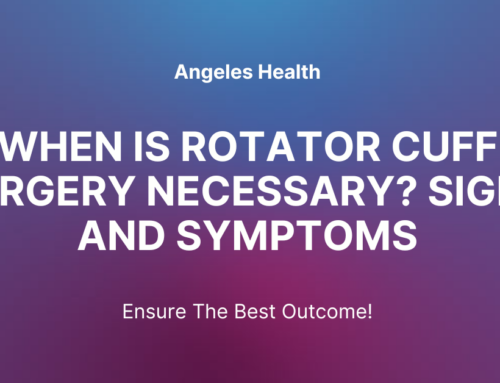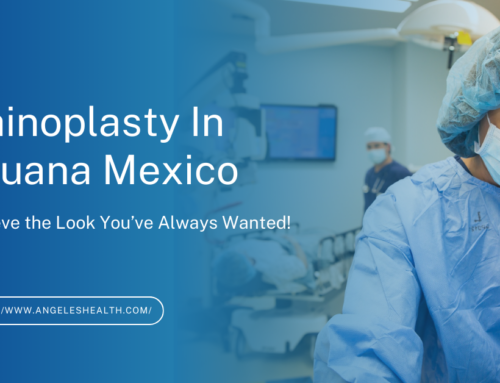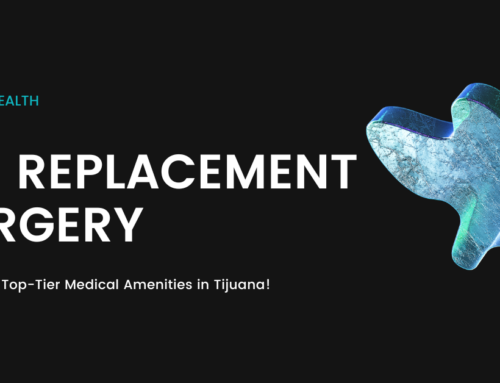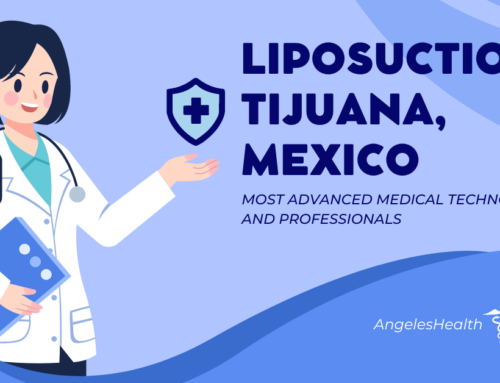Today is World Cancer Day, where, all over the world, organizations are raising awareness of the disease with the aim, this year to “disperse the myths and misconceptions of cancer’.
The Union of International Cancer Control launched World Cancer Day “so that the world can unite together in the fight against the global cancer epidemic”.
We have compiled our own list of individual misconceptions about cancer and cancer treatment. But here are the myths on a global level that the UICC aims to dispel on World Cancer Day 2013:
Myth 1 – Cancer is Just a Health Issue
Cancer is more than an issue about our health. It has implications on social, economic, human rights, and development levels too. As much as we make modern medical advances to beat cancer, the disease is a major challenge to our social and economic advances. Cancer causes and is caused by poverty. The disease has a negative impact on families affected by it, with lack of income and high bills pushing many families into poverty. At the same time, the lack of access to education and healthcare for people already in poverty increases their risk of getting cancer and dying from it.
The UICC say that policy changes that reach beyond health, for example changes in policy for education, finance and development, agriculture and transport, can prevent death from some cancers. Raising awareness of the disease so that all of society is included in cancer prevention, research and control is also important.
Equal access to treatment and education will mean that all ages, genders, races and classes will have an equal chance of fighting the disease, enabling us to fight cancer not just on a local level but on a global level.
Myth 2 – Cancer is a Disease of the Wealthy, Elderly and Developed Countries
The Union for International Cancer Control need people to know that cancer doesn’t just affect westernized cultures. Cancer is, in fact, a global epidemic, affecting people of every age and every socio-economic group. Not only does cancer affect a disproportionate number of people in developing countries but the cancer treatments available in those countries do not match those available in the western world.
According to the UICC, cancer now kills more people globally than HIV, AIDS, malaria and tuberculosis combined. Around 7.6 million people die of cancer worldwide every year. By 2030 it is expected that as many as 70% of the 21.4 million predicted new cancer cases will occur in developing countries.
Ovarian Cancer is an example of the high number of developing world cancer deaths. Globally, 275,000 women do of ovarian cancer every year, but a massive 85% of these deaths occur in developing countries.
It’s not just the elderly that are affected by cancer either. Half of the cancer cases diagnosed in developing countries occur in people under 65 and most of the 750,000 cervical and breast cancer deaths occur in pre-menopausal women.
If we recognize that cancer can affect us all, the young, the old, the wealthy and the poor, we can move to prevent and treat cancer on a much bigger scale. World Cancer Day aims to make people realize that fighting cancer isn’t just about medicine, it is about increasing education, increasing funding and altering policy to include the less wealthy and the developing countries. The UICC believes that only in treating all cancers can we understand the disease, and fight it successfully.
At Angeles Health we do more than treat “the cancer’. We look at every element of every patient’s health and wellbeing to help us to understand the root causes of the disease. Of course our goal is to treat the cancer successfully but, more than that, we want to find and treat any potential causes so that our patients can beat the disease and return to the very best health possible. Angeles Health offers alternative cancer treatment programs, with our without chemotherapy, as well as bone marrow and stem cell transplants. Our philosophy is to choose the best treatment for the individual.
To find out more about how Angeles Health have joined the global fight against cancer, and how we can help you, contact us for a free consultation.
Click here to read part two of World Cancer Day – Dispersing the Myths






